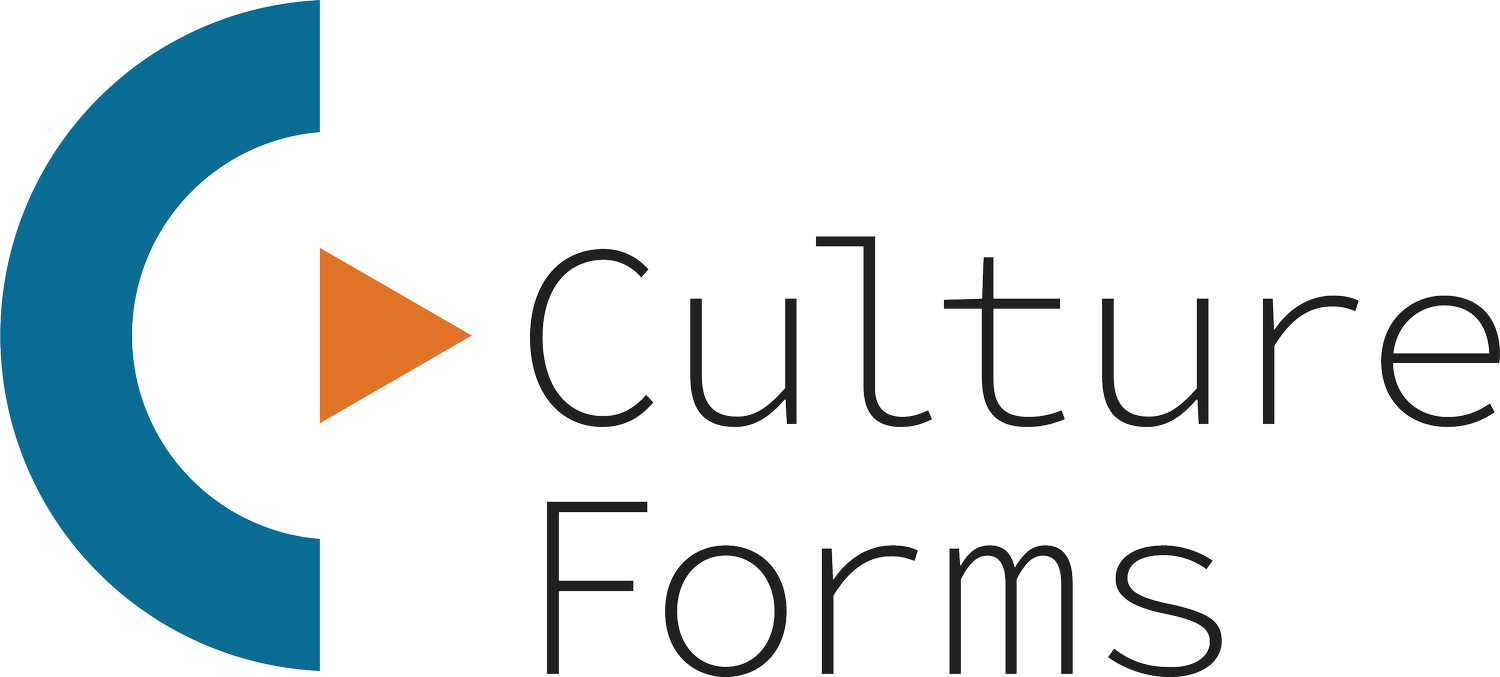For Organizations
Every team and organization deserves to live up to its greatest potential.
Sometimes, especially during periods of change, trust can erode and, as a result, culture can begin to break down. To navigate change, communities rely on formal and less formal networks of trust and connection.
I facilitate spaces for groups to practice these networks.
Together we learn how to engage curiosity and navigate uncertainty → in order to increase trust → so that people feel happier and more fulfilled in their jobs → so that the organization retains talent → and ultimately, so that it thrives.
-
Culture Forms is a process-driven, highly pragmatic practice.
Through inquiry and intentional facilitation, I help groups discover and clarify their own habits, priorities, and challenges. By design, this process promotes trust. No matter how much trust is already in place, there can always be more. It merely takes time and intention.
I believe that people at any organization are more likely to know the solutions than external consultants. However, external facilitation can provide a better environment in which to express those answers. That's where I — and the nimble forms I supply — come in.
1-2 hours at a time across a number of months, we will:
Explore and practice processes that help people feel seen, heard and valued
Address ongoing “elephants in the room”
Create greater connection, so that when the harder conversations come up, people will trust one another to listen and speak from their own experiences.
I have a unique toolkit of tried and tested processes that have deepened empathy in a wide variety of settings. I will draw from that bank of practices to create a unique, customized framework to help you strengthen and nurture your community. I find that this approach:
Includes new staff as they join
Builds in time to “let the dough rise” organically between conversations
Shifts with the group as it — and the world — continues to change.
I’ve helped organizations implement proactive community building practices, and I’ve jumped in at an acute moment of community crisis.
There’s no one way to begin this work. Whenever you’re ready is the right time.
-
Typically, Culture Forms relies on a 4-step process to create an increased sense of connection among your group and a better capacity to solve problems as they arise.
As no two organizations are the same, we’ll start with a few informal, pre-contract conversations to determine whether and how I can help.
Next, we’ll engage in discovery — focused and thoughtful questions that establish trust with individuals and enable me to learn what the goals and sensitive topics might be. Together, we’ll hone the project and identify an entry point for the group work.
I call the next phase a deconstructed retreat. In this modular phase, I’ll draw from a menu of more than a dozen practices at a pace that suits your needs. Together, we may develop new practices especially designed for your group.
Finally, I’ll leave room for closure so you have what you need to carry on.
Should you like, there’s an optional maintenance phase, where I provide ongoing support.
-
Oftentimes when consultants are called in, they assess a situation, give recommendations, and leave it to the organization to implement them. That is not what I do.
If you’re contacting me, you’re most likely looking to boost your sense of community. Organizations willing to invest time and intention in trust and community will benefit from such simple but effective attention. I will show you how to suspend certainty long enough to learn how to ask better questions. Together we will build manageable practices you can continue on your own. You won’t need my help forever, but should you need a tune up — for good measure or during the next instance of significant change — I will happily return.
“Amanda Nadelberg worked with Graywolf to help us find new pathways to improve our communications among staff at all levels. She pays profound attention to the dynamics of a group and brings her hours of reading and researching to bear as she designs activities for the group. We continue to grow and get better at navigating the difficult conversations as a result of her wisdom and kindness.”
Syllables of Work and Life
No matter the kind of work you do, work depends on learning. Learning often depends on asking for help and offering it. Giving and receiving help depends on trusting relationships. Realistic and effective learning environments depend on people being comfortable making mistakes, or even failing. These “Syllables of Work and Life” exist in a sea of two more vital elements: creativity and uncertainty. All of these components function alongside however we use time.

